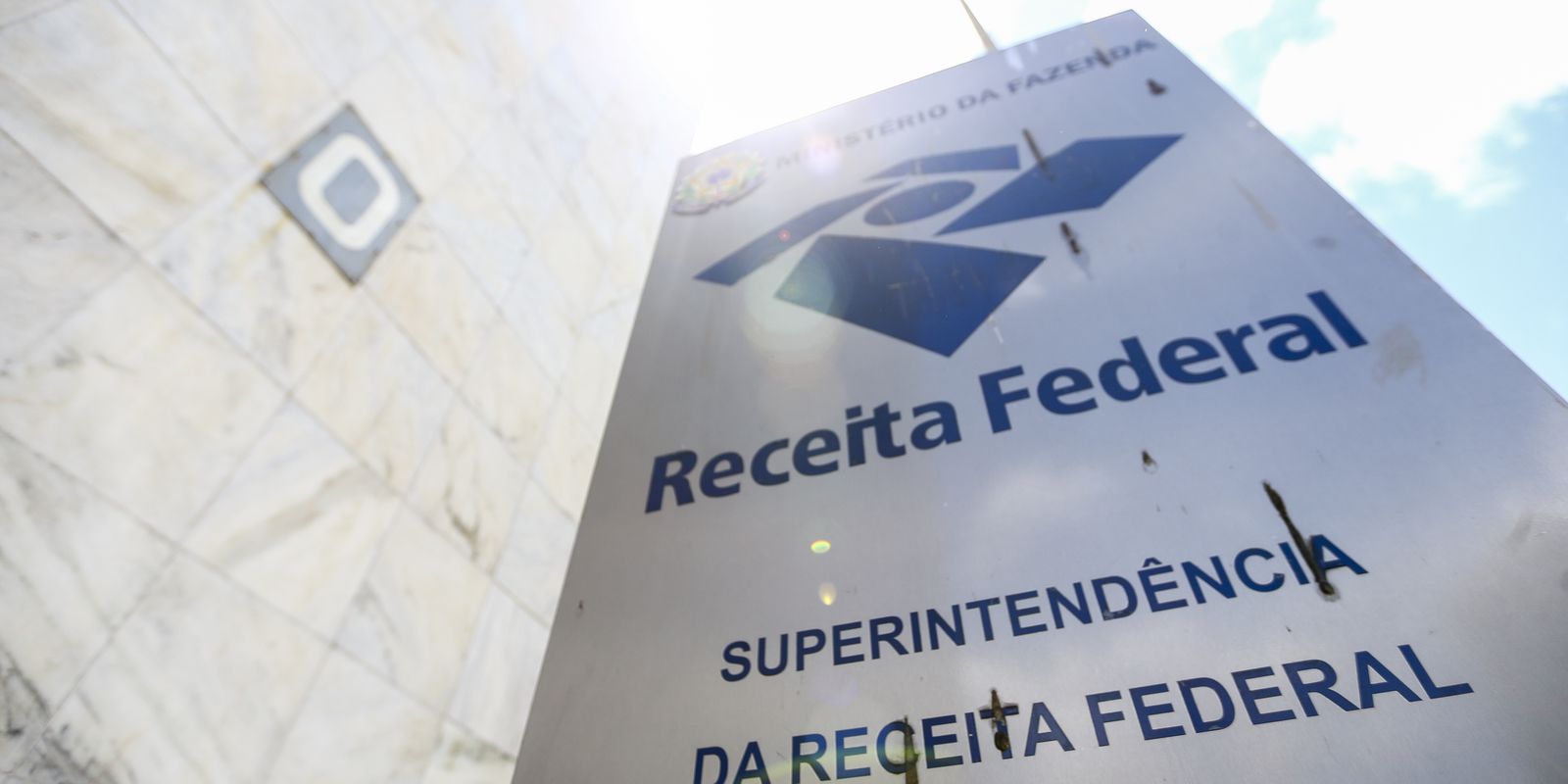As of this year, anyone who sells a property has one more option to stop paying the Income Tax (IR) on the profit of the business. The IRS edited normative instruction which exempts from the tax those who use the sale proceeds to pay off previously contracted real estate financing.
The rule was edited on the 16th, but, because of the standard operation of the body, the change was not notified to taxpayers. The benefit will only be valid for those who pay off the financing up to six months after the sale of the first property. Both partial and total discharges will entitle you to exemption.
Other conditions are that the two units are residential and located in Brazil. The Revenue also requires that the property paid off be in the same name as the seller of the first.
Since 2005, property sales were exempt from income tax only for those who used the money from the business to buy another property within six months. The tax authorities, however, only granted the benefit in cases where the new housing contract was signed within that period. Those who used the money to pay off another property could not get the exemption because the contract had been signed before the sale of the first unit.
The change, in practice, formalizes a possibility already recognized by Justice. In recent years, a flurry of lawsuits called for an income tax exemption on the discharge of a previously financed property. The jurisprudence (customary decisions) of the Superior Court of Justice (STJ) was favorable to the exemption.
Rule
By rule, whoever sells a property, as well as any asset of great value, pays from 15% to 22% of Income Tax. The tax is levied not on the total value of the asset, but on the capital gain (profit from the operation), calculated as the difference between the unit purchase value, informed in the annual income tax return, and the sale value.
If the real estate profit reaches R$ 5 million, it will pay 15% tax. The rate rises to 17.5% on profits from R$5 million to R$10 million, to 20% on profits from R$10 million to R$30 million and to 22.5% on profits over R$30 million . As the capital gain rarely exceeds BRL 5 million, almost all of the declarants pay 15%.
The exemptions from the Federal Revenue, however, make it so that only taxpayers who sell real estate as an investment or as an instrument of speculation pay taxes, exempting the sale and purchase of their own home.
In addition to the purchase of own residential property and the settlement of financing, the Revenue grants exemption according to the degree of age of the asset. There is a progressive percentage discount for older properties. Units purchased before 1969 do not pay Income Tax.









